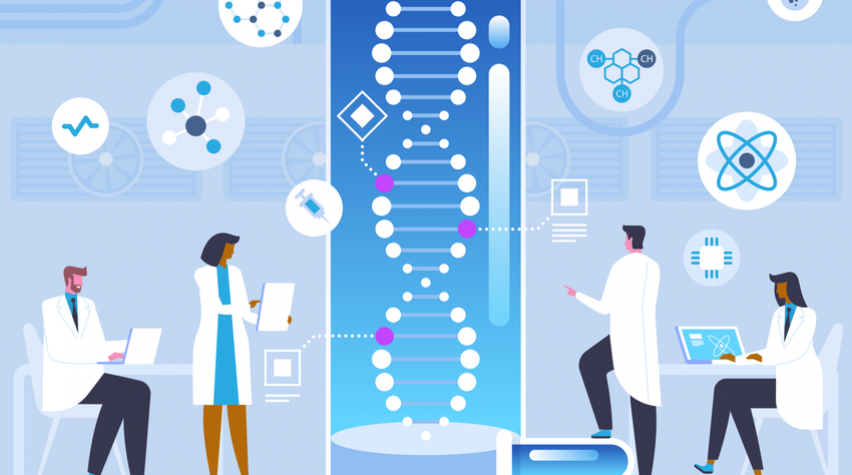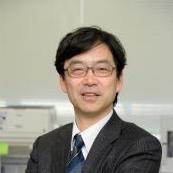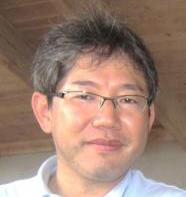
This content is provided by Synplogen and reflects their views, opinions, and insights.
Metabolic engineering is continuing to play a larger role in creating a more sustainable society. As we approach the Metabolic Engineering 14 conference, I had a chance to talk with Dr. Akihiko Kondo and Dr. Kenji Tsuge, two experts in the field, who are co-founders of Synplogen, a company aimed at creating DNA sequences at lower costs to facilitate research in the field. Dr. Kondo will also be presenting at the meeting.
Metabolic Engineering 14 is the premier conference series in the field that has taken place for over 20 years. This year’s meeting will be held virtually from July 11–15. There is still time to register for the meeting to learn from and network with the leaders and future generation of metabolic engineering.
What are some developments in the past 1–2 years in metabolic engineering that you are excited about?
The world’s interest in a decarbonized society is exponentially growing to achieve a sustainable society. In the last few years, companies have expressed concrete milestones for decarbonization targets and years in response to requests from the public and investors. Material production derived from “smart cells” – which are developed from sophisticated designs using “Bio x Digital” technologies – is essential to overcoming the reliance on oil. Metabolic engineering is key to material production for academic research. Because of these factors, metabolic engineering has become critical to achieving a sustainable society.
How do you view the future of metabolic engineering, and what is Synplogen’s role in it?
Developing genes to function in a coordinated manner requires sophistiated design components. These components may include fine-tuned gene activation or the selection of enzymatic genes dependant on substrate. For these designs, even if we utilize current computing technology, it is very difficult to establish the best sequence in a short period of time, and lots of trial and error are required. The key issues in this process are a need for lower-cost DNA synthesis and rapid delivery to customers. To overcome these issues, Synplogen has developed a platform called Ordered Gene Assembly in Bacillus subtilis (OGAB), which includes proprietary technology to create a method that rapidly provides DNA at a lower cost. Synplogen has also developed a highly efficient combinatorial library technology known as the combi-OGAB method. We believe that these technologies will help to overcome current challenges and can contribute to the development of superior smart cells.
As DNA synthesis continues to progress, can you share a couple of examples of how it will help to accelerate different research areas or industries related to metabolic engineering?
For further development in metabolic engineering, we think that a highly integrated Design-Build-Test-Learn cycle (DBTL cycle) is crucial. It is important to continue to improve the efficacy of the DBTL cycle, even as the size of the data continues to increase. We expect the robotics field will be able to execute high-throughput evaluations for DNA libraries and that the artificial intelligence (AI) field will be able to understand complex data. This will help the field to make significant progress related to long-chain DNA synthesis technologies.
Kobe, Japan, is quickly establishing itself as a hot spot for metabolic engineering research and applications. How have you seen this field develop in the city?
In addition to Synplogen, there are many companies and facilities in Kobe working on this. Examples include Biopalette, which has outstanding genome editing technology that does not require DNA cleavage, as well as Bacchus Bio innovation, which is the first Japanese biofoundry company, and Japan’s next generation flagship supercomputer “Fugaku,” which gained the title of the world’s fastest supercomputer. In addition to these examples, there are many other companies in Kobe that can contribute to metabolic engineering. We believe that having these industrial and academic clusters in central geographic locations will trigger innovation for metabolic engineering.

Dr. Akihiko Kondo
Dr. Akihiko Kondo is the deputy director of the Center for Sustainable Resource Science (RIKEN), the Vice President of Kobe University and is a founder of Synplogen.

Dr. Kenji Tsuge
Dr. Kenji Tsuge is a Guest Associate Professor at Kobe University Graduate School of Science Technology and Innovation and is a founder of Synplogen.
Disclosure: This post is sponsored by Synplogen and reflects their views, opinions, and insights.


